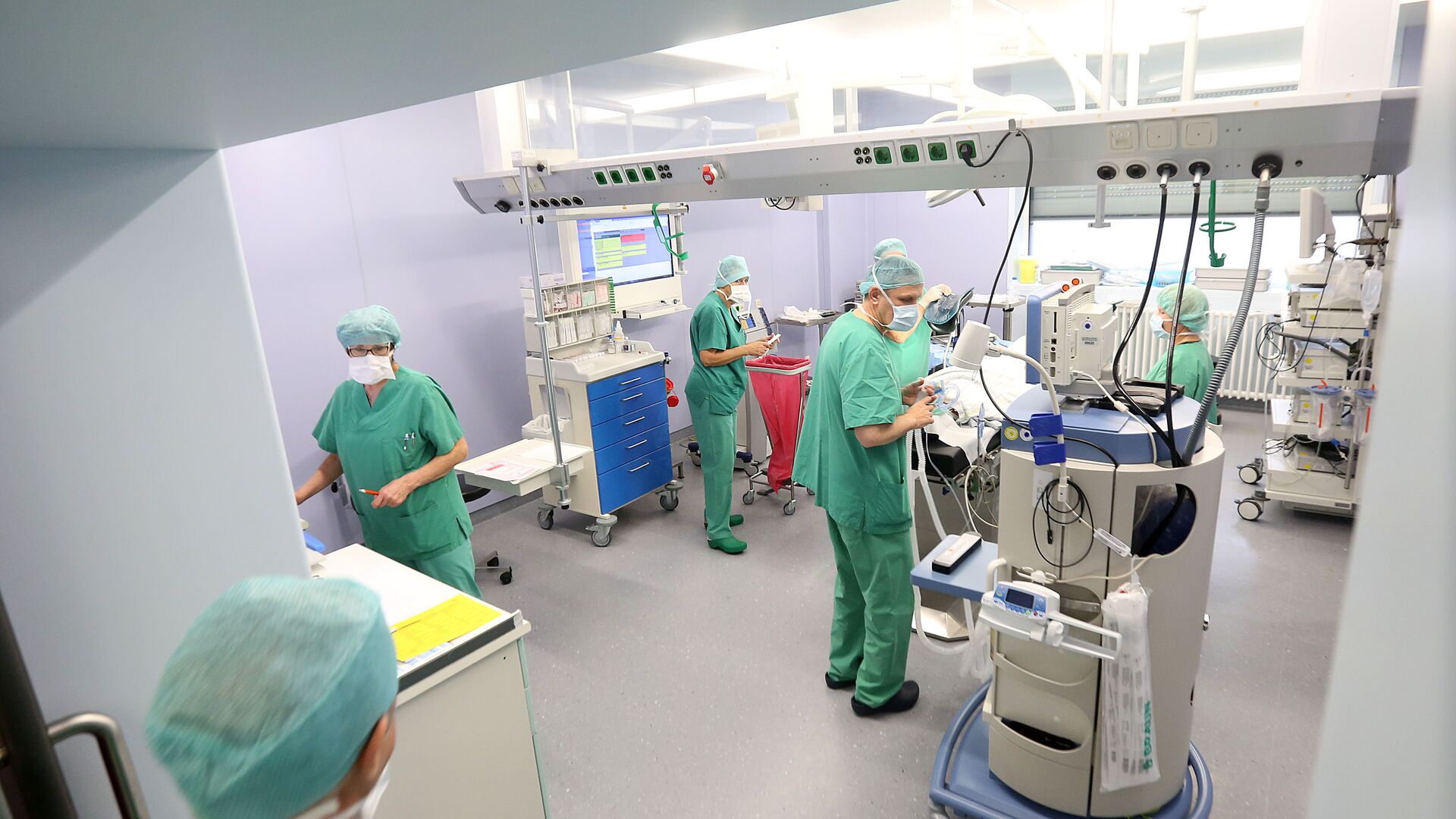San Marino to Decide Whether to Lift Ban on Abortions
15:10 GMT 26.09.2021 (Updated: 10:59 GMT 05.03.2023)

© AP Photo / Czarek Sokolowski
Subscribe
Although San Marino is located in Europe the country is widely seen as lagging behind the continent's progressive views. Women were given the right to vote in 1964, while divorce was only legalised in 1986.
San Marino is to vote on whether to lift the nation's ban on abortions. The plebiscite is being held decades after authorities in the deeply conservative country vetoed proposals by supporters of abortion to hold a national referendum.
Under current law, a woman faces three years in jail for having an abortion, while the doctor who conducts the procedure will be punished with a six-year prison term.
The legislation, which makes no exception even for rape, forced female citizens to terminate their pregnancies in Italy, where the procedure was legalised in 1978.
A "yes" vote will allow abortions to be carried out up to 12 weeks of pregnancy. Procedures beyond this term will be conducted only if a mother's life is in danger or if there are foetal abnormalities.
The referendum was preceded by heated campaigns by supporters and opponents of the measure. The ruling Christian Democratic Party, which has close ties to the Catholic Church, has called on its supporters to vote against the legalisation of abortion. Opponents of abortions argue that morning-after-pills are available at pharmacies.
Under current law, a woman faces three years in jail for having an abortion, while the doctor who conducts the procedure will be punished with a six-year prison term.
The legislation, which makes no exception even for rape, forced female citizens to terminate their pregnancies in Italy, where the procedure was legalised in 1978.
A "yes" vote will allow abortions to be carried out up to 12 weeks of pregnancy. Procedures beyond this term will be conducted only if a mother's life is in danger or if there are foetal abnormalities.
The referendum was preceded by heated campaigns by supporters and opponents of the measure. The ruling Christian Democratic Party, which has close ties to the Catholic Church, has called on its supporters to vote against the legalisation of abortion. Opponents of abortions argue that morning-after-pills are available at pharmacies.
Supporters of the measure insist that the current law puts a financial burden on women, who are forced to terminate their pregnancies in other countries and penalises those who were raped.
"On many subjects, San Marino is behind. We need to become a more modern country", said Alfiero Vagnini, a 65-year-old cook.
Reports say the outcome of the vote is unclear as no polls have been conducted in the small state of about 33,000 people.
"The population is very divided on the issue. And even in parliament, there are members of progressive parties who are against abortion, and MPs from the right who are in favour of abortion rights, notably in cases of rape or foetal abnormalities", said Manuel Ciavatta, deputy secretary of the ruling Christian Democratic Party.
